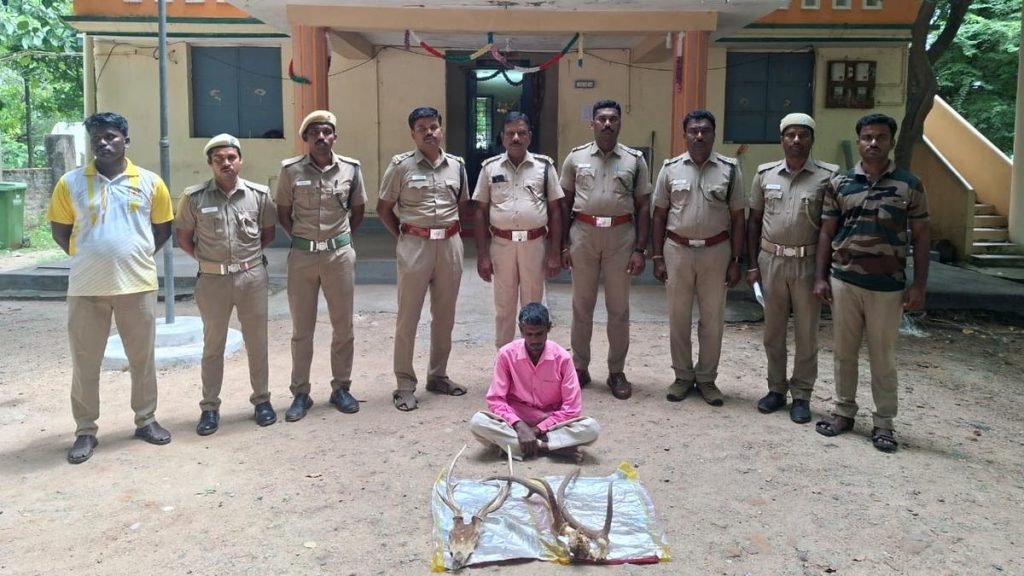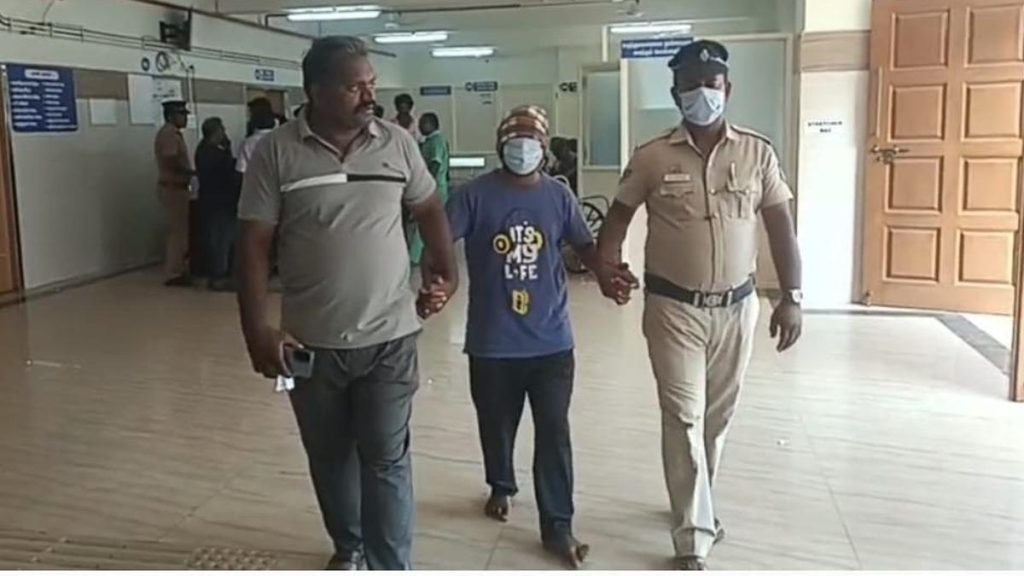Now Reading: Man Battles 750 Days of COVID, Becomes a Case Study in Virus Evolution
-
01
Man Battles 750 Days of COVID, Becomes a Case Study in Virus Evolution
Man Battles 750 Days of COVID, Becomes a Case Study in Virus Evolution

Speedy summary
- A U.S. man with untreated HIV/AIDS experienced a persistent COVID-19 infection lasting over 750 days, as reported in a case study published in The Lancet.
- The individual was exposed to COVID-19 in May 2020 and continued testing positive for the virus untill his death more than two years later.
- Researchers observed significant viral evolution within the patient’s body, including spike protein mutations that helped the virus evade antibodies and enhance host cell binding.
- These findings suggest that long-term infections in immunocompromised individuals might foster the emergence of new variants, similar to omicron.
- The study highlighted no evidence of superinfection by other COVID variants like alpha or delta during this period, suggesting adaptation occurred specifically to this host’s immune environment.
- Public health experts emphasize improving access to consistent HIV treatment and antiretroviral therapy (ART) as critical measures for preventing such prolonged infections and potential variant development.
Indian Opinion Analysis
This case underscores the intersection between chronic illnesses like HIV/AIDS and evolving infectious diseases like COVID-19. For India-home to one of the world’s largest populations of immunocompromised individuals due to conditions such as untreated HIV-the findings carry significant public health implications.While India has made commendable progress in expanding access to ART through initiatives like NACO (National AIDS Control Organisation), cases such as this highlight persistent gaps globally regarding healthcare equity for vulnerable groups.
The study further reinforces calls for genomic surveillance within high-risk populations, an area India has developed capabilities for during its response against rising COVID variants like delta and omicron. An emphasis on early detection, consistent treatment availability, and public education can mitigate risks associated with prolonged viral mutations turning into global threats.

























